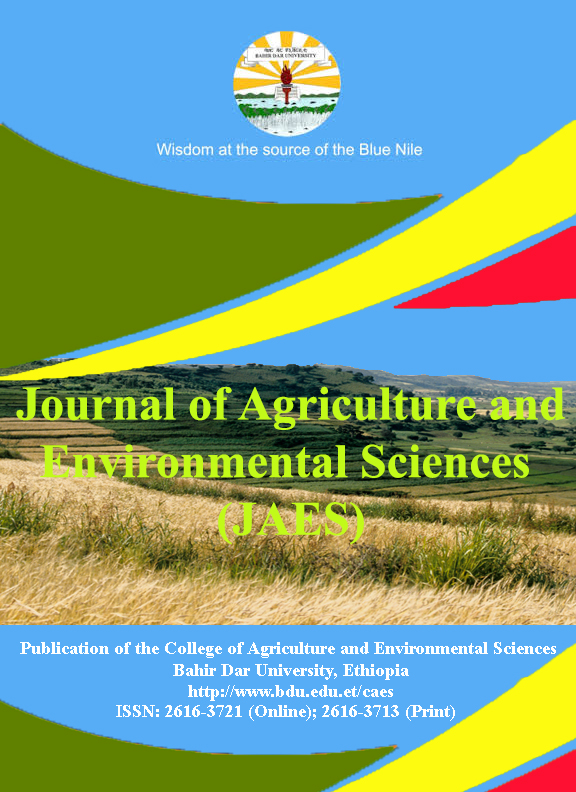Demand for Imported Staple Food Commodities in the Kingdom of Saudi Arabia
Keywords:
Food commodity, imported food, LES/AIDS model, Saudi Arabia
Abstract
This research empirically estimated the demand for imported staple food commodities in the Kingdom of Saudi Arabia using dated data of 38 years (1980 to 2017) sourced from Food and Agriculture Organization and United Nations Conference on Trade and Development databases. The collected data covered the consumer price index; import quantities and expenditures of fifteen staple food commodities. The collected data were analysed using descriptive statistics and linear expenditure system almost ideal demand system (LES/AIDS) model. The empirical evidence showed the diversification on food spending to be very low as one commodity (barley) had a dominant influence on the consumers’ budget expenditure. Furthermore, it was observed that the dietary diversity of consumers is low. Income effect had strong influence than the substitution effect in determining the demand for the selected imported commodities. It also showed that as consumers’ income increase and consumers’ diversify their diets, the consumption of non-staple foods rather than the staple foods would increase. Therefore, the study recommends that people should be encouraged to engage in optimal dietary diversification in order to enhance their diet nutritional quality and health status. However, since almost all of the commodities are important given that they fulfilled the needs of the people, especially the poor who face tight budgetary constraints. Thus, it becomes imperative for the policymakers to enhance their home-grown economy so as enhance the economy, foreign exchange reserve and protect the health status of the country population.Downloads
Download data is not yet available.
